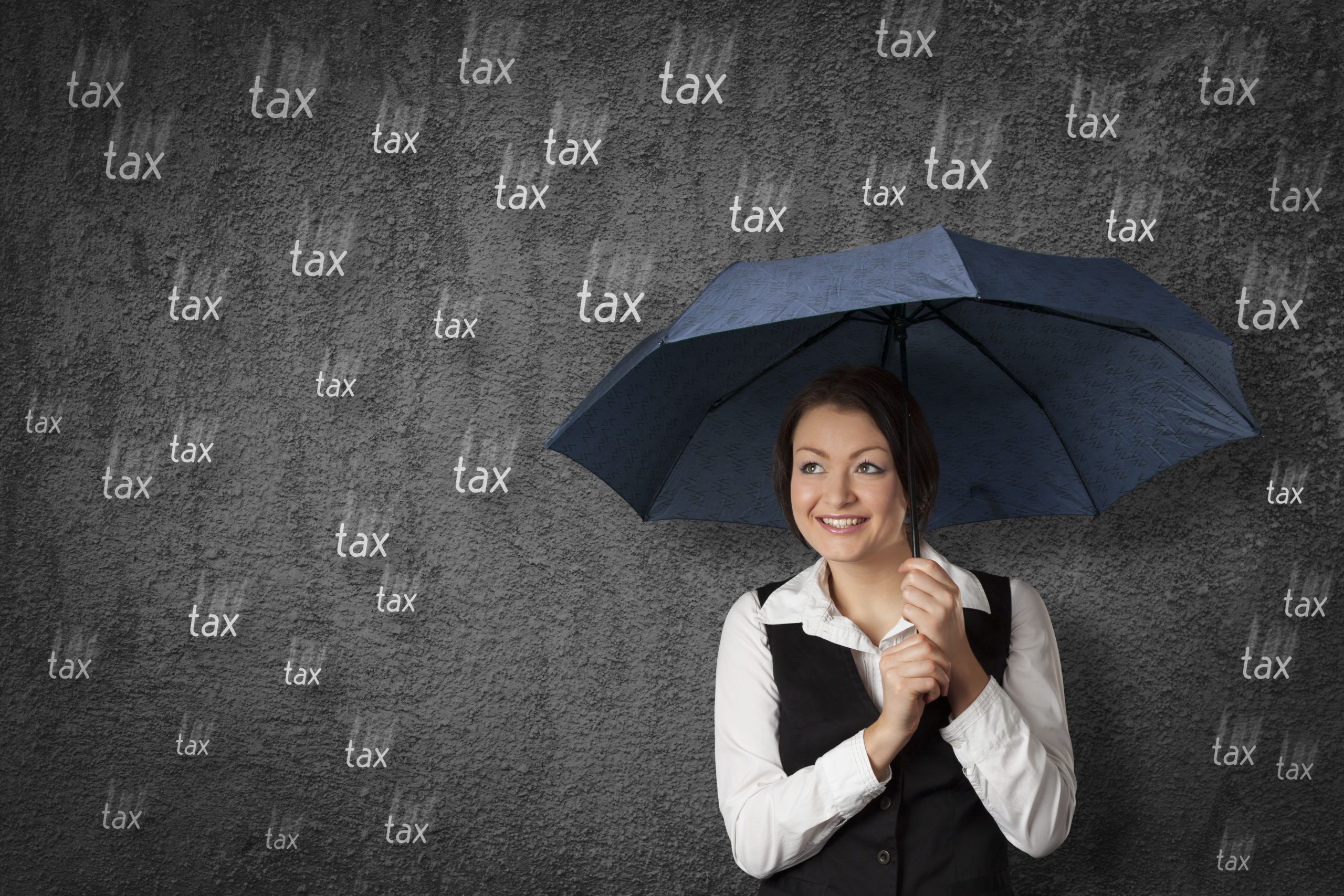As part of the continued push towards a fully digitised tax system, plans have been outlined by the Treasury for the self-employed to begin paying their taxes on a PAYG (Pay-As-You-Go) basis.
Currently, freelancers and the self-employed pay tax annually or bi-annually as part of the self-assessment tax return process and based on their actual earnings for the previous tax year. As a minimum, their tax return must be submitted and taxes paid by 31st January of the year following the tax year in question. Subject to the size of that tax bill, they may also be required to make a payment on account in July, towards the following year’s taxes.
Paying tax in advance
However, the proposed move to a pay-as-you-go tax regime would require the self-employed to pay tax in advance, based on their profits from the previous year. Payments would be made monthly or quarterly, similar to the Pay-As-You-earn model used by employees. Any underpayments or overpayments would then be reflected in the following year’s calculations once the self-assessment process had been completed.
The proposals for PAYG tax for Self Employed, have met with consternation from the freelance/self-employed community with many saying they would be left out of pocket. Feedback suggests that most are comfortable with setting money aside on a regular basis to cover their liabilities at a later date, but a move to more frequent payment would be harder to cash flow, especially as it is not based on actual earnings for the period in question and therefore current levels of income. Having to make 4 or even 12 payments would see some having to dip into money normally used for household bills whilst others make clear that it could result in them not being able to cover the cost of business expenses and/or may restrict the amount of money they can invest in growing their business.
Making tax digital
The proposals from the Treasury all form part of the longer-term Making Tax Digital Strategy which aims to deliver a single digital tax account for every tax payer. That account would then be updated by banks, investment companies, pension funds and workplaces, enabling HMRC to carry out real time tax calculations. As well as removing the need for annual tax returns and speeding up the payment of taxes, the Chancellor believes it would make a significant impact on the billions in unpaid tax that the Treasury misses out on each year.
